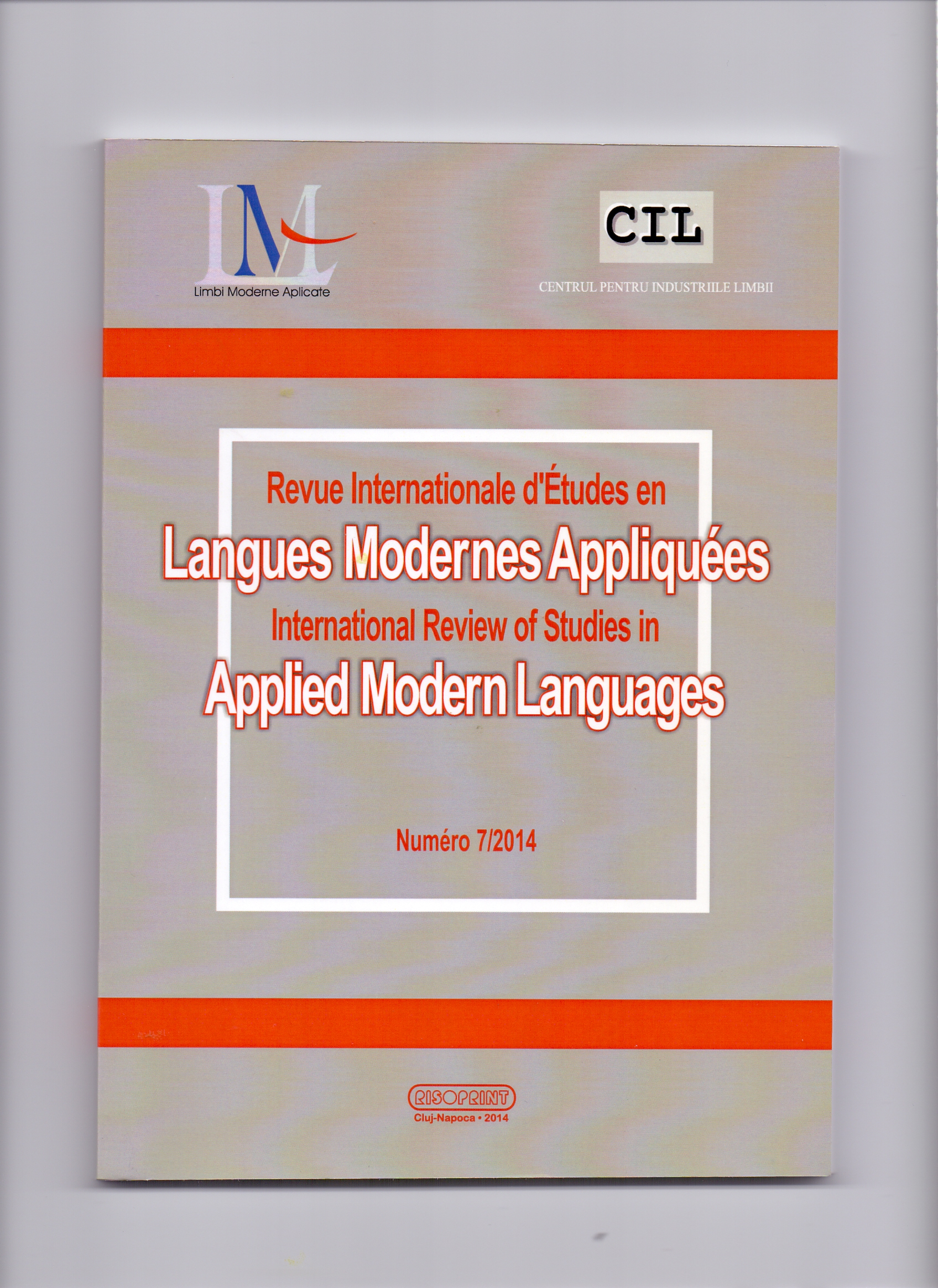Language as “Cultural Present” in Japanese Idiomatic
Structures
Language as “Cultural Present” in Japanese Idiomatic
Structures
Author(s): Rodica FrențiuSubject(s): Applied Linguistics, Culture and social structure
Published by: Risoprint
Keywords: idiom; “repeated discourse”; cultural context;
Summary/Abstract: Taking as theoretical framework the integral linguistics established by Eugenio Coseriu, the present study attempts to argue that idiomatic structures are creative linguistic deeds that have become tradition, and which can define the “character” of a language. Using Japanese as illustrative material, it analyses idioms, neglected until now by traditional linguistic investigation, as complex structures composed of a network of lexical and grammatical relations, whose sense is determined or completed by cultural context. In order to study this linguistic fact, the present research focuses its attention on the way in which the idiom or the “repeated discourse” follows its own norms to constitute meaning, norms different from that of free technique. It highlights the means through which an idiomatic structure probes, maybe more than the lexeme proper does, the conditioning of language through “things” and through “knowledge of things”.
Journal: Revue Internationale d'Études en Langues Modernes Appliquées
- Issue Year: 2014
- Issue No: 07
- Page Range: 67-79
- Page Count: 13
- Language: English

